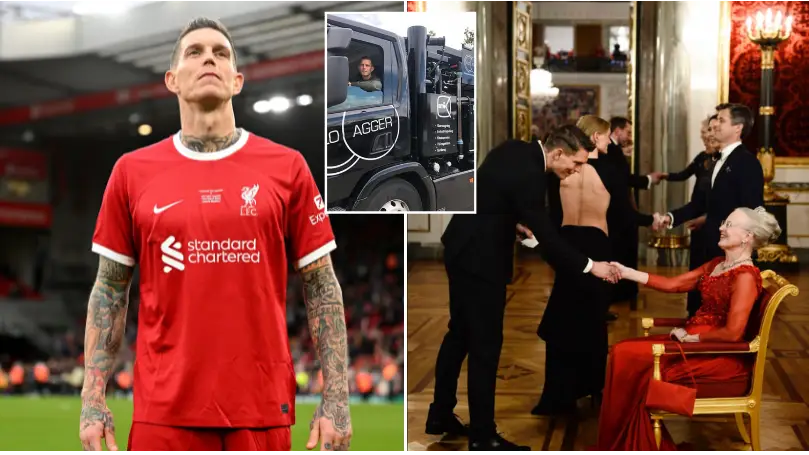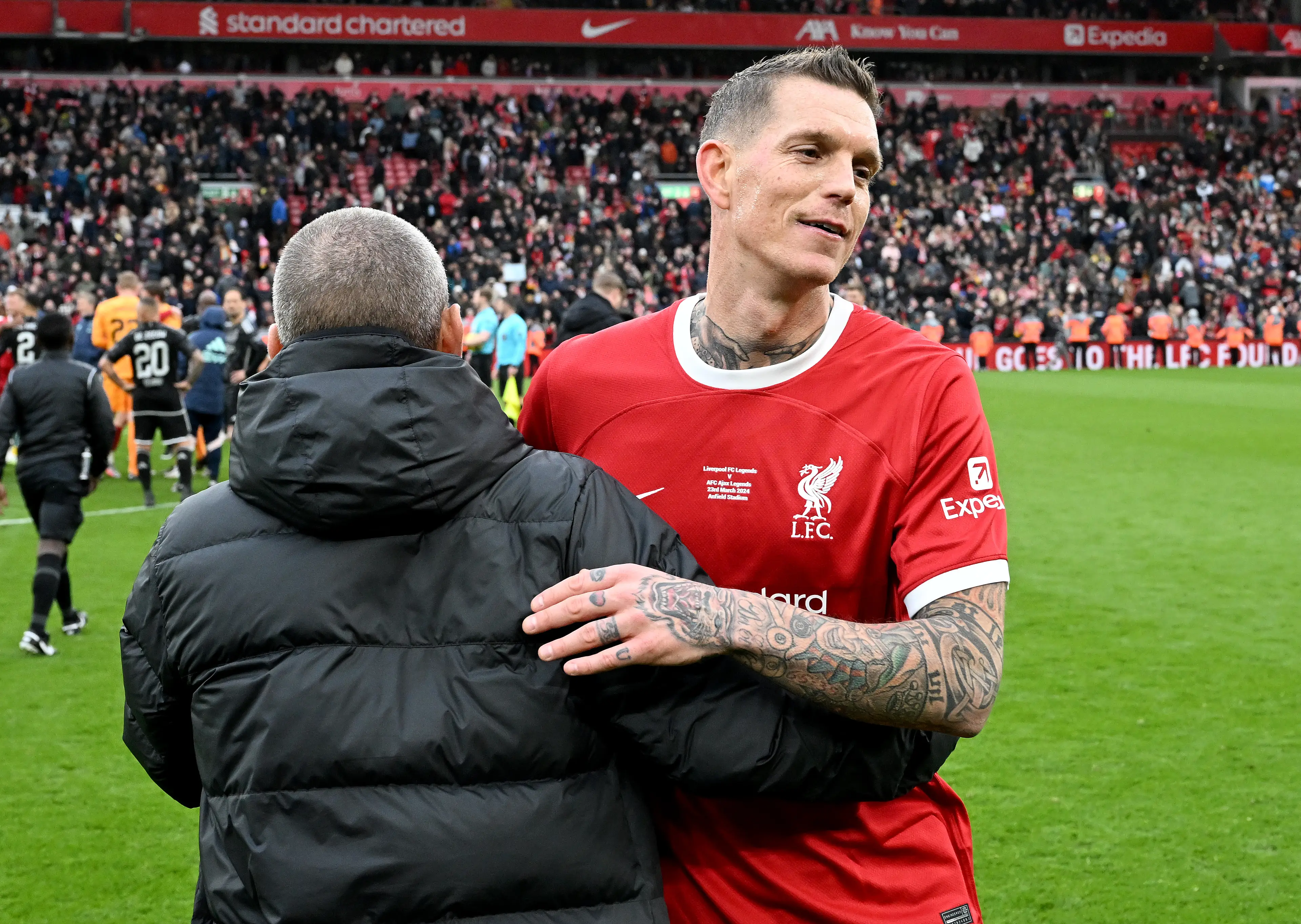
Former Liverpool star Daniel Agger is living a very different life since retiring from football.
The Danish defender joined Liverpool from Brondby in 2006 and spent nine seasons on Merseyside before returning to the Copenhagen club in 2014.
Agger made 232 appearances for the Reds and helped them win the League Cup in 2012, starting the final against Cardiff City.
However, he retired in 2016 at just 31, after being forced to take painkillers to manage back problems throughout the back end of his career.
Advert
Since then, he has pursued a range of endeavours that are quite a departure from his former life.
According to the Mail Online Agger launched a sewage company in 2013 named KloAgger, which roughly translates to Agger Toilet.
In 2018/19, they posted a record gross profit of £1.77million and a net profit of £450,000.
In 2022, KloAgger was bought by another company, Recover.
Meanwhile, the two-time Danish footballer of the year is also a tattoo artist.
Agger was well known for his sleeve tattoos when he was a Liverpool player and since hanging up his boots he has become part of the tattoo artist community Tattoodo, a company he's also invested in.
Speaking about his own ink work in 2016, Agger said he saw all the work on his body as one piece.
He said: "I see it as one piece. When I speak to people I talk about my tattoo as one piece but obviously every tattoo has a story, some better than others."

On the letters Y.N.W.A, for 'You'll Never Walk Alone,' tattooed on his knuckles, he added: "Timing was quite good. [There were] a lot of rumours sending me to another club for a lot of money but I knew I was staying.
"Somehow I wanted to show that to the footballing world and this was a way I wanted to show it."
Alongside all that the 39-year-old owns two bars in Copenhagen, Center Pubben and Rottehullet, while he continues to run the Agger Foundation, a charity founded in 2011.
On top of everything, between 2021 and 2023 Agger was in charge of second-tier outfit HB Koge.
Upon joining, he had a three-year plan of winning the Danish Superliga - the top flight - but that didn't transpire. Instead, he did lead them to respectable seventh and eight-placed finishes in a 12-team league.